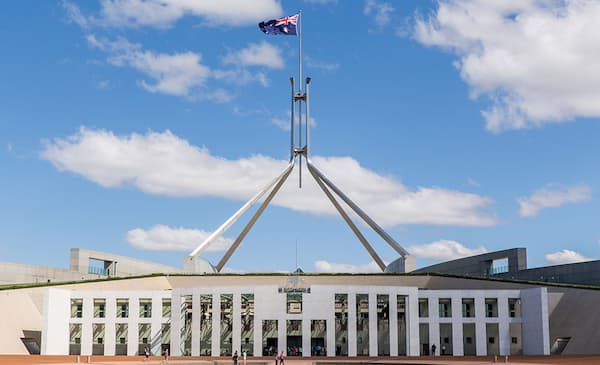
The new year has begun with political turbulence, driven by pandemic management and the looming federal election. The Coalition (Liberal Party and Nationals Party) finds itself in a precarious position, having lost senior members of the party, including outgoing Health Minister Greg Hunt, former Minister for Industry, Science and Technology Christian Porter as well as popular members, John Alexander (Liberal) of Bennelong in NSW and Damian Drum (Nationals) of Nicholls. They have all indicated their desire to retire at the close of the upcoming term.
Rise of independents
An identity crisis is taking shape for the Coalition due to the ongoing demand for government intervention on COVID-19 and differing ideologies of the moderate liberals looking for decisive action on social issues while conservatives looking to speak specifically to their base. These issues have not been novel for the Coalition in the past three years, however independents and the Labor party are ramping up campaign efforts to capitalise on the internal battles dogging the government.
The rise in prominence of independent candidates suggests a disaffected Australian public has an appetite for alternatives to the two major parties. There is a growing appeal of up-and-coming independent politicians like Zali Steggell, who took the traditionally blue-ribbon Liberal seat of Warringah in 2019 (Liberal seat since 1943). Ms Steggell did so on a solid platform of climate action, mental health reform and honest government. More independents are fighting for traditionally safe seats promising to keep the major parties accountable and looking for greater transparency from our nation’s leaders.
Key battleground seats
Many companies and organisations leading up to the election are looking to leverage the political climate and speak to the ambitious election promises that major parties are willing to offer. Knowing these policy platforms, as well as each battle-ground seat will be vital in the advocacy efforts.
Two politicians with health platforms in critical seats are Liberal MPs Dr Katie Allen (Member for Higgins in Victoria) and Lucy Wicks (Member for Robertson in NSW). They are holding margins of 53.9% and 54.2%, respectively.
Interestingly, Labor has matched up candidates to run against these two key seats with a specialised healthcare background. In the seat of Higgins, Dr Michelle Ananda-Rajah is an infectious disease expert while in the seat of Robertson is Emergency physician Dr Gordon Reid.
The next few months will decide whether marginal seat holders like Mrs Wicks and Dr Allen can hold onto their positions when fighting on health or face being ousted by challengers.
A referendum on the handling of the pandemic?
The perception of competence in managing COVID-19 will also contribute to deciding the election outcome. The election may well become a referendum on pandemic management, which would be a challenging battleground for a government currently battling the Omicron wave and facing supply issues for rapid antigen tests that risk mirroring the vaccine supply woes of last year. However, if the situation quickly changes favourably for the government before the public goes to the ballot box, we may well see conservative voting for the status quo becoming the dominant voting sentiment.
In a recent ABC RN podcast, political editor of The Conversation and press gallery veteran Michelle Grattan commented: “Scott Morrison will try and turn the whole argument onto Anthony Albanese, there will be a massive fear campaign, whether that will convince anyone who knows.
“People are conservative in bad times, thinking, well is this the time for making a new course to make a change?”
On whether the election will be a referendum on the government’s handling of the pandemic news.com.au’s political editor Sam Maiden added:” If you look at the criticism the prime minister has faced during his tenure, the golden thread in some areas is a question of competency.
“If he’s saying stick with the tried and trusted, stick with what you know, the question mark will be: has he been able to get the job done?”.
Research-based advocacy
Away from health, Labor is positioning itself with a focus on accountability in governance and the need for more transparent and trustworthy leadership. The emphasis on economic security will again be a staple platform for the Liberal Party, while Labor will be cautious not to promote overly ambitious economic reform agendas as they did in 2016 and 2019, but instead focus on sovereign manufacturing and stronger child care and school upgrades.
As companies reflect on the wins and losses of 2021, it is essential to look forward and find ways to capitalise on an election where healthcare will likely be the defining issue. In a fast-moving landscape, research can be used to shape trends, rather than being at the whim of news headlines.
Look before you jump, be strategic and you might end 2022 in a stronger position than you started.